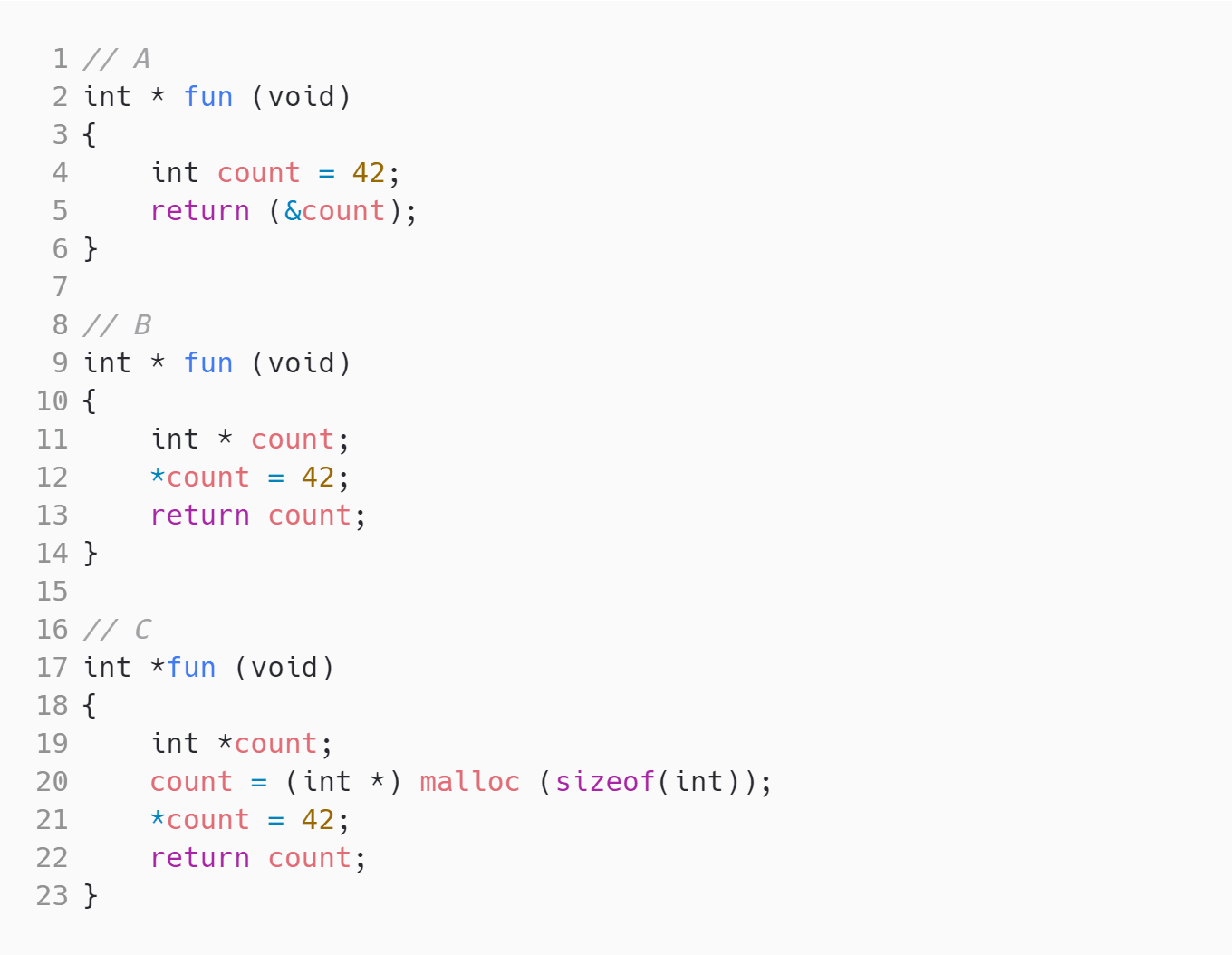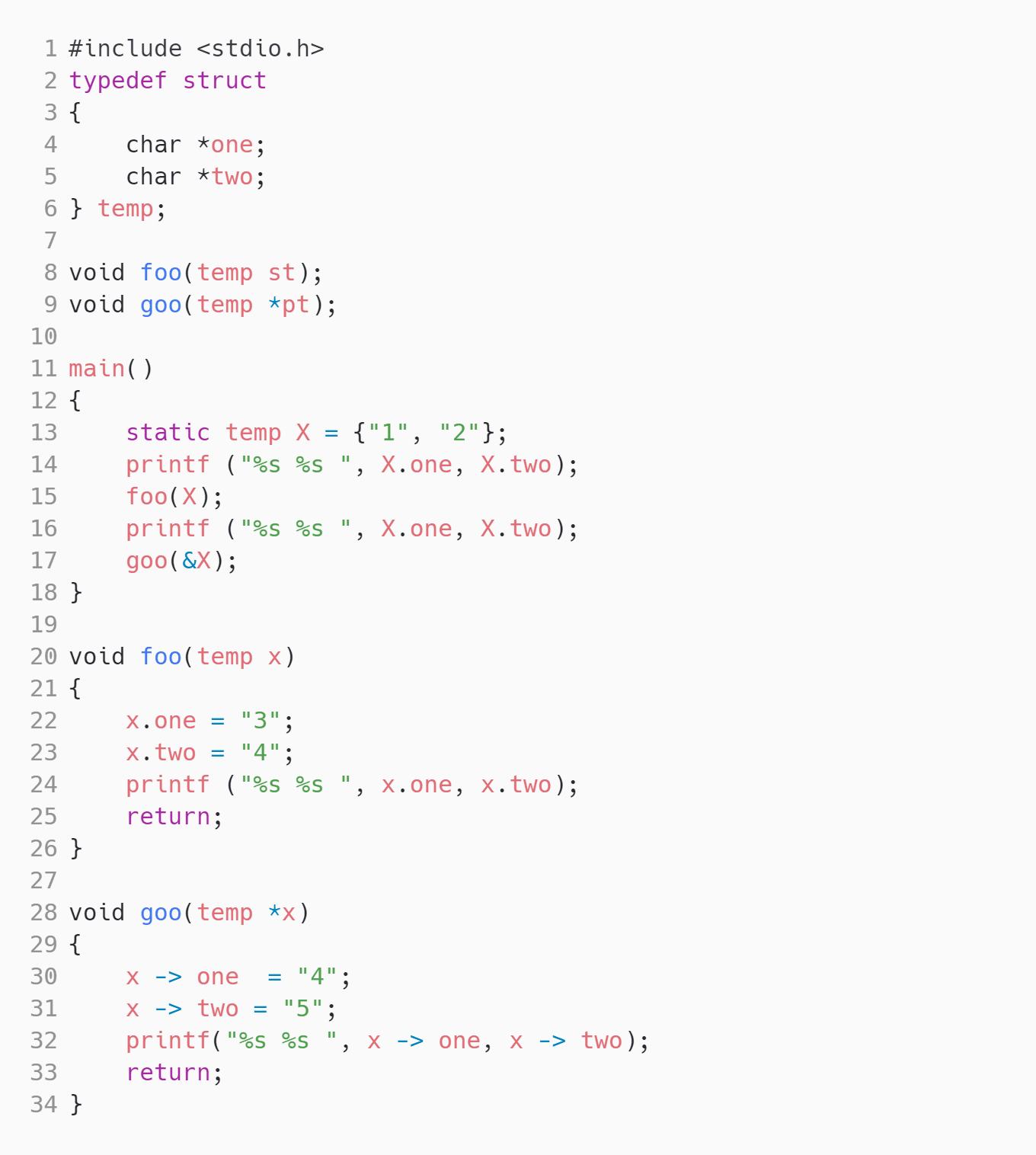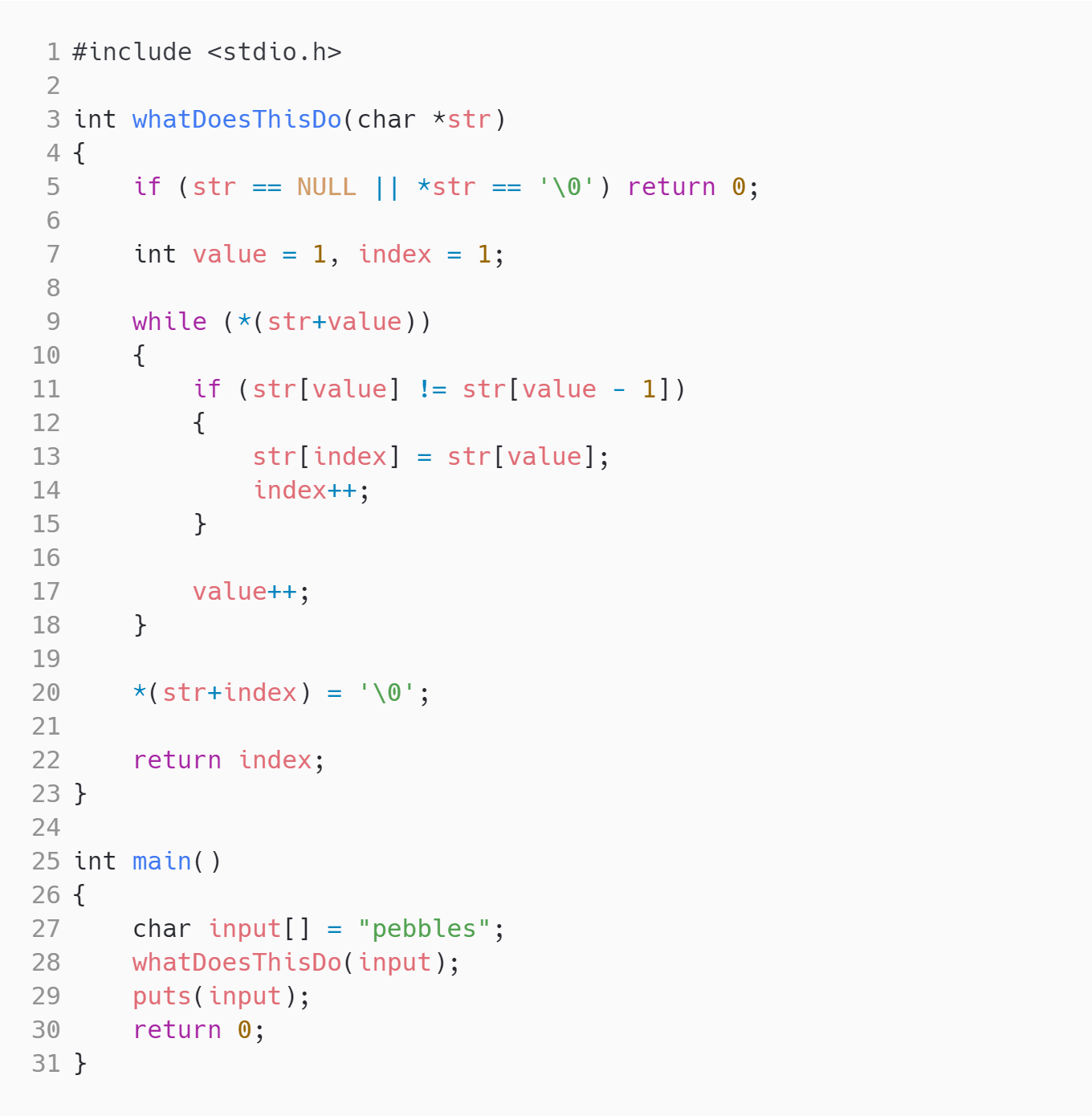Basic syntax and structure: C's syntax and structure form the foundation of the language. This skill encompasses understanding of code organization, statement termination, and block delineation. Mastery of these elements is crucial for writing clean, readable, and error-free code.
Data types and variables: C provides various data types for efficient memory usage and precise data representation. This skill involves understanding primitive types, type modifiers, and variable declaration. Proper use of data types is essential for memory management and preventing data corruption.
Control flow and loops: Control structures in C dictate the execution path of a program. This includes conditional statements (if-else, switch) and iterative constructs (for, while, do-while). Proficiency in control flow is vital for creating logical and efficient algorithms.
Functions and recursion: Functions are the building blocks of modular programming in C. This skill covers function declaration, definition, and calling conventions. Recursion, a powerful technique for solving complex problems, is also included. Understanding functions is crucial for code reusability and maintainability.
Arrays and strings: Arrays allow storage and manipulation of collections of data. Strings in C are character arrays with special properties. This skill involves array declaration, initialization, and common operations. Proficiency in array handling is essential for efficient data management and processing.
Pointers and memory management: Pointers provide direct memory access and are fundamental to C programming. This skill covers pointer arithmetic, dynamic memory allocation, and deallocation. Understanding pointers is critical for advanced programming techniques and efficient memory utilization.
Structs and enums: Structs allow grouping of related data elements, while enums define named integer constants. This skill involves creating custom data types and working with complex data structures. Mastery of structs and enums is important for organizing and representing complex data efficiently.
File handling: File I/O operations are essential for persistent data storage and retrieval. This skill covers opening, closing, reading from, and writing to files. Proficiency in file handling is crucial for developing applications that interact with external data sources.
Standard libraries: C provides a rich set of standard libraries for common programming tasks. This skill involves understanding and utilizing functions from libraries like stdio.h, stdlib.h, and string.h. Familiarity with standard libraries enhances productivity and promotes code standardization.
Algorithm design and analysis: This skill focuses on developing efficient solutions to programming problems. It involves choosing appropriate data structures, analyzing time and space complexity, and optimizing code. Proficiency in algorithm design is crucial for creating scalable and performant software solutions.























































